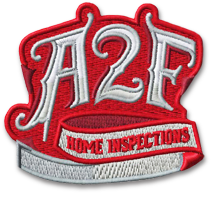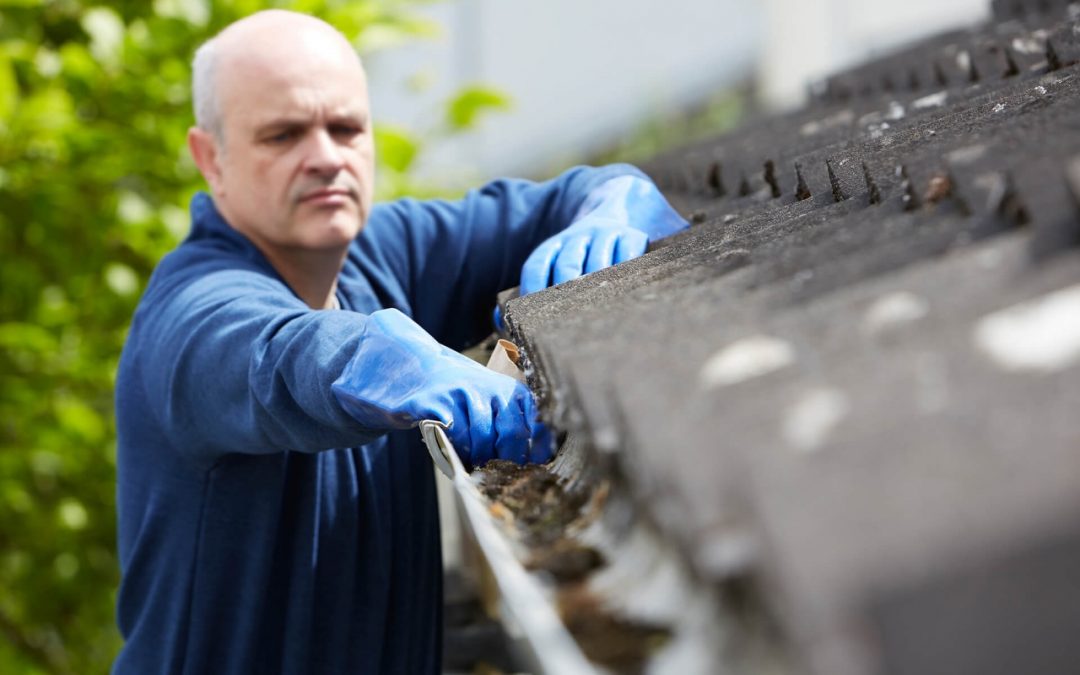Security and Safety is First
Unless you are moving into a newly constructed home, change the locks on exterior entries. There is no way to tell how many people have been given spare keys to the house over the years. Reset any codes for keyless entries, garages, and gates. Make sure smoke alarms, carbon monoxide detectors, and fire extinguishers are adequate and operational. If the home is missing these safety systems, install them.
Understanding Mortgage and Insurance
Understanding your mortgage and insurance is important as a new homeowner. Most mortgage companies require an escrow account to pay taxes and insurance each month. This means they add on a fee to your monthly mortgage payment to cover these expenses. Check to make sure your home insurance is sufficient. Many companies don’t include flood insurance, so if you live in a flood-prone area, you will have to add it.
Utilities to Expect as a New Homeowner
Make sure all the utilities for your new home are in your name, with the correct billing address and zip code. Errors may result in a cutoff of service. Set up new internet and cable TV if desired. Learn about the county or city’s sewage and water services. Unless you have a well, municipalities charge for water. Trash pickup and recycling may or may not be included. If not, you will have to set these services up yourself.
Make a Maintenance Plan
In most cases, owning a home is more lucrative than renting in the long run. However, it’s smart to set aside a fund for maintenance and repairs. If your down payment and moving expenses drained your savings account, build it back up gradually.
Make a yearly maintenance plan and set reminders on a calendar. Clean gutters at least twice a year. Change the HVAC filter seasonally and schedule maintenance every spring and fall. Vacuum refrigerator coils and clean out the dryer hose and vent at least once a year. Water heater tanks should get flushed once a year.
As a New Homeowner, Be Prepared for Emergencies
Don’t wait until an actual emergency to figure out what to do. Being prepared for an emergency is an important part of your responsibilities. Know where the main water valve is in case of a busted pipe. To avoid this, let faucets drip in subfreezing weather and insulate exposed pipes. Get familiar with the circuit box and label all circuits. If you have gas service, know where the shutoff valve is. If the basement or crawlspace has a sump pump, test it before the rainy season. Post emergency contact numbers in an obvious place.
Attic to Foundation provides home inspection services to the Greater Atlanta area. Contact us to schedule an appointment.

